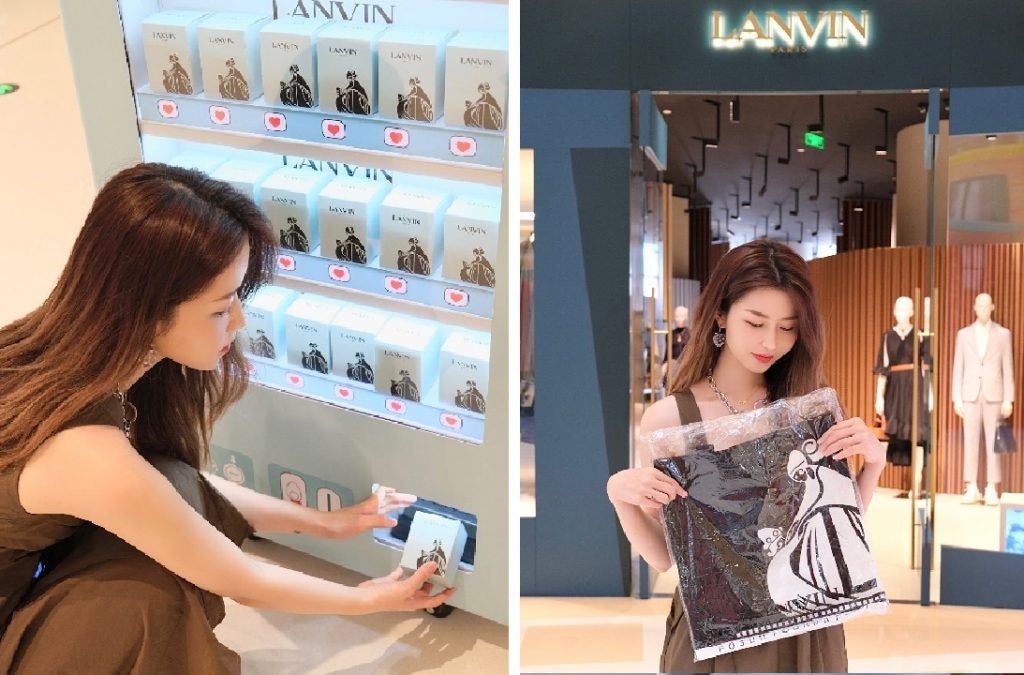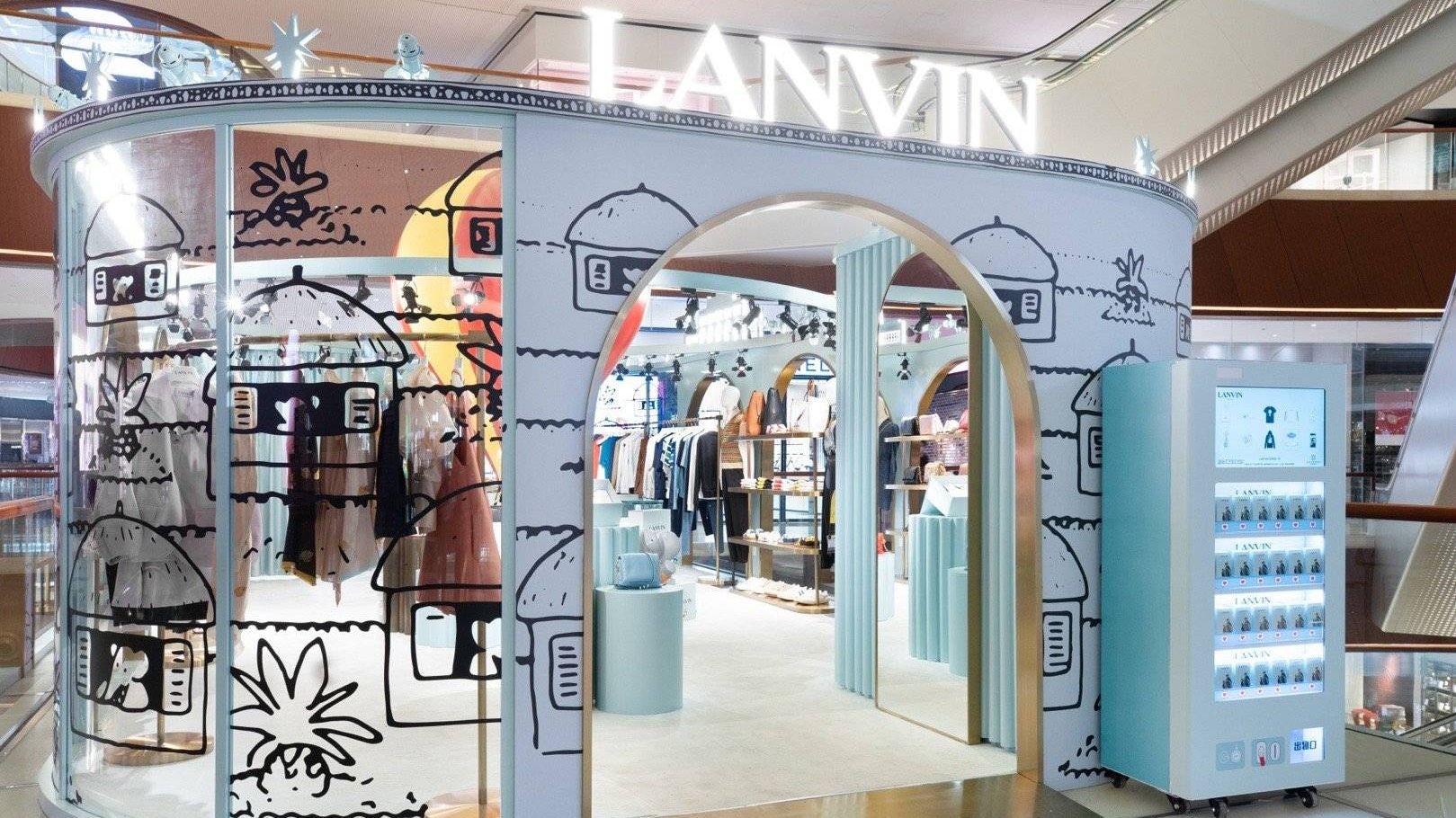What happened
On August 16, China’s State Administration for Market Regulation released a draft guiding opinion on the sale of blind boxes. It seeks to deflate resale bubbles by encouraging businesses to set a ceiling for purchases and payment, as well as to refrain from entering the resale market. Companies must clearly inform consumers of the rules, item and probability distribution, and items’ value range of the blind boxes prior to their purchases. Notably, children under the age of eight are prohibited from purchasing blind boxes without explicit consent from their legal guardians.
The Jing Take
Blind boxes have became a popular retail format in China through the art toy sector, which is expected to reach 7 billion (47.8 billion RMB) in 2022 and witnessed the rise of renowned brands such as Pop Mart. Its main attraction to young Chinese consumers is the fun of uncertainty and the excitement when opening boxes. Hidden items can charge a resale price that is dozens of times as high as their original prices, leading some consumers to spend millions of RMB on collecting them. China’s first blind box regulation clearly took note of the situation and attempts to prevent speculative purchases.
When it comes to luxury, houses are slowly warming up to the format. In January 2022, Heat (a luxury mystery box label) received a 5 million investment from the venture capital firm Antler and LVMH Luxury Ventures. In China, Lanvin became the first luxury brand to leverage the trend when it launched a blind box lottery on its WeChat Mini Program during 2021's China Valentine’s Day. For 77 (500 RMB), consumers could enter a drawing and redeem Lanvin blind boxes at offline vending machines and receive vouchers for silk scarves, sneakers, and even handbags.

With the new regulations, brands need to be even more careful when planning a blind box campaign in order to be in full compliance and avoid pricing controversy. The key would be to ensure that every item is attractive enough to consumers while the brand can still make a profit from the allure of probability.
Chanel’s 2021 Christmas Advent calendars offered a lesson on what brands should not do: the calendars were composed of mini-blind boxes, many of which held commonly available items such as stickers and bookmarks. Consumers soon complained about the huge cost-value discrepancy as a calendar’s value was estimated at only around 391, less than half of its retail price. The Weibo hashtag “Channel Blindbox# received 46 million views, creating a PR crisis for the brand. Above all, luxury should keep informed and tread carefully.
The Jing Take reports on a piece of the leading news and presents our editorial team’s analysis of the key implications for the luxury industry. In the recurring column, we analyze everything from product drops and mergers to heated debate sprouting on Chinese social media.

